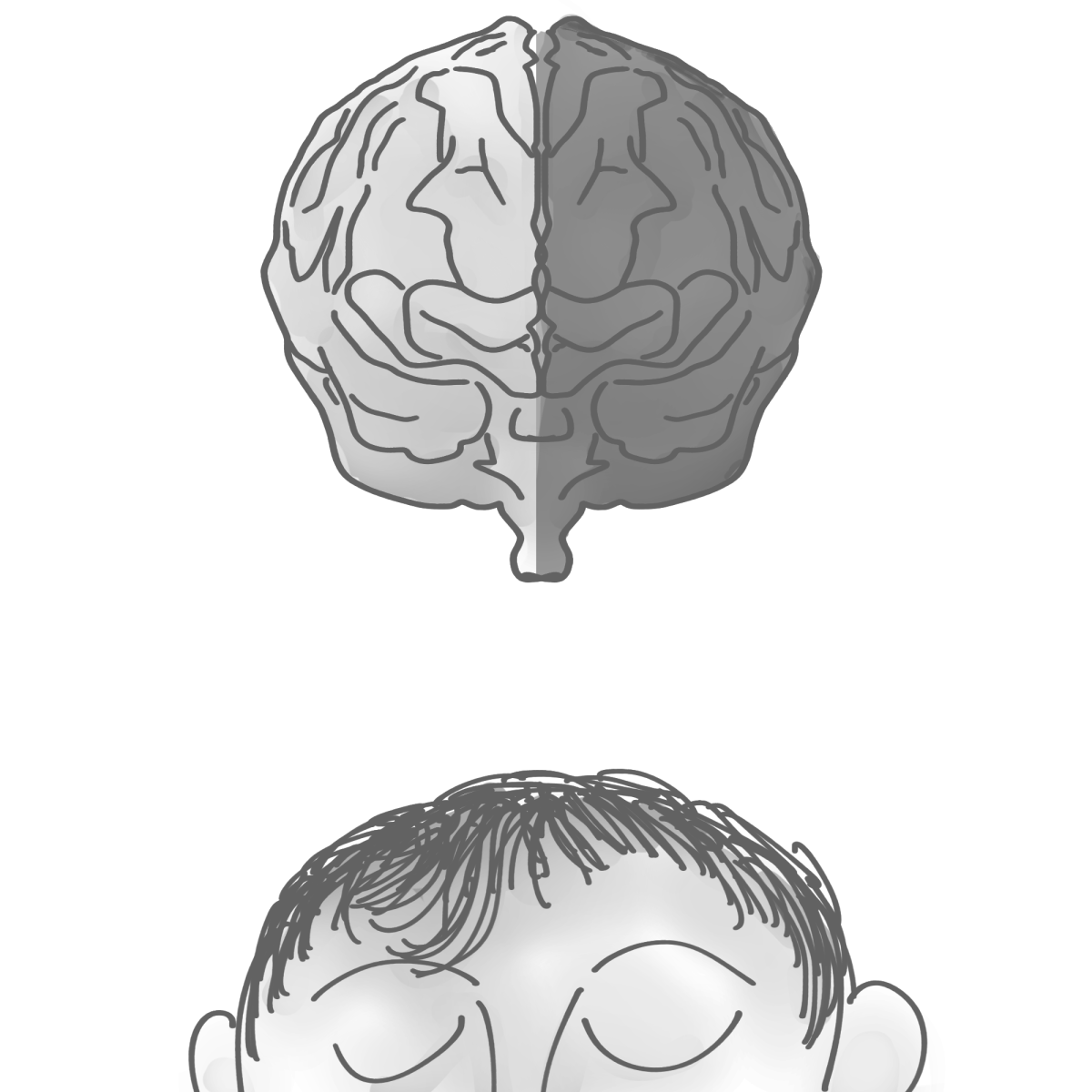I’ve been hating my phone lately. The notifications from my assortment of news apps continuously give me heart palpitations, even when I don’t allow myself to comprehend them fully. The shock of these events, be they humanitarian crises or political dogfighting, causes intense internal division, but why do we always force ourselves to choose one side over another, sometimes silencing another argument without even realizing it?
I’ve definitely felt an inkling to form an opinion and stick to it no matter what. Dying for something you believe in is an awfully noble way to go, but I certainly don’t want to do so by falling on my own sword. Understanding the nuances of a belief is crucial to holding it. I can believe that abortion is healthcare that should be legal worldwide while retroactively knowing that it is a mentally and physically painful procedure that I wish weren’t needed.
We don’t know how we’ll feel tomorrow, nor do we know how we really feel right now, yet somehow it’s only socially acceptable to be cheering on one side of the fence instead of calmly seated in the middle — so, we lie to others and ourselves.
With the fundamental discord that exists in the U.S., especially as a result of our two-party system, we find safety in numbers, and, as such, we shy away from even considering an alternative viewpoint. Normative conformity runs deeply and profoundly, and like the theme of every movie set in a high school, we just want to fit in. Worship of social niceties warps our perception of the situation at hand to the point where even if there was internal wariness or skepticism, it’s squashed, sometimes for our own benefit.
Cognitive dissonance is uncomfortable. There’s a principle of noncontradiction embedded within us that steers us away from looking at a situation to understand it and forces us to only seek to form a stance. This is an especially taxing process when the subject matter is sensitive — we put more pressure on ourselves to form an opinion when there are lives on the line, literally or metaphorically. We need a stance, something to rally behind in the face of tragedy, and it can’t be both black and white — it must be one or the other.
Championing a single viewpoint, be it for your benefit or the benefit of others, ignores the reality that life isn’t one-dimensional. Multiple perspectives can exist at once without contradicting one another. You’re not playing the devil’s advocate by seeing some merit to the other side of an argument; believing otherwise only feeds into the harmful binary oppositions that put a stopper in promoting actual change.
Still, there are some situations where the idea of exploring a potential middle ground is futile. Not only does it feel like a betrayal of your morals, it feels pointless. If one side of the coin is so unabashedly unattainable, then sticking with the other side might just be the only option. Decisions like these are necessary when the political climate consists of meaningless gestures meant to pander to one demographic over another.
There’s no room to consider a perspective crusaded by a third-party candidate when it’s common sense that the presidency is going to be achieved by either a Republican or a Democrat. Hopelessly voting for Joe Biden because he’s the lesser of two evils is do-or-die at the moment, as even though he’s done his fair share of atrocities, at least he’s not Donald Trump.
While it may seem like this is the only feasible course of action, a replacement of the outdated plurality voting system has shown that this is not always the case. Ranked-choice voting is a ballot initiative that allows voters to rank candidates in order of preference, hence encouraging an expedition into third-party points of view. Constituents can vote based on policy and not likelihood, and the fear of their vote being wasted is gone.
Cultivating spaces like these where it’s safe to acknowledge and question your dispositions needs to start with an acceptance of dialecticism, or the idea that opposite concepts can exist without opposing one another and canceling them out. Broadening the conversation beyond the scope of right and wrong — or even blue and red — can help weed out actual solutions to dilemmas that may otherwise go unsolved.







